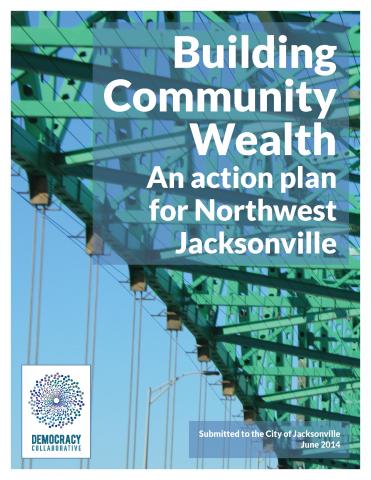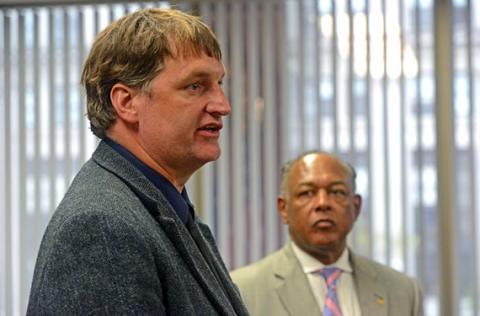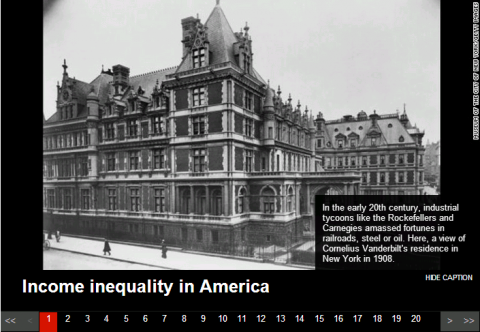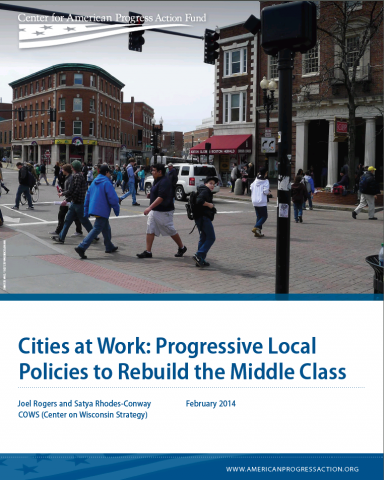By changing the zoning code to permit urban agriculture as a permanent land use, the City of Cleveland catalyzed the creation of its Urban Agriculture Innovation Zone in 2010. Encompassing 28 acres of vacant land in a “forgotten” inner-city neighborhood, the zone currently includes Rid-All Green Partnership’s urban farm and a farming incubator for local gardeners. Burten, Bell, Carr Development serves as the Zone’s “facilitator,” a role that encompasses promoting the district, attracting resources, and planning for new development. Future plans include acquiring additional vacant tracts and developing an Urban Ag Zone Greenhouse Training Program, which will include a food preparation kitchen, a retail store, interior urban gardens, a second aquaponics system, and training for those interested in urban agriculture careers.





